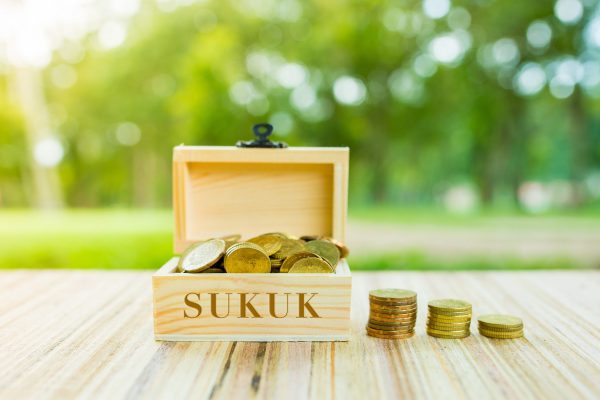Sukuk remains a significant source of funding for addressing Nigeria’s infrastructure deficit and supporting its socio-economic development.
Mr. Maruf Onike Abdul-Azeez, who is currently the Chief Missioner of Nasrul-Lahi -il Fatih society of Nigeria, NASFAT made this point while providing his perspective on “Sukuk as a Catalyst for National Development”.
Sukuk has served as a means of financing projects, thereby aiding the country’s development.
Speaking on the nexus between Sukuk and national development, Mr. Abdul-Azeez said the proceeds of Osun State N11.4bn Ijarah Sukuk was used to build 24 schools, and the total Sukuk was reviewed on October 10th, 2020 after a 7-year tenure, where all the investors got their money back apart from the rental rate being collected yearly since 2013.
This, according to him, is one of the advantages of Sukuk, a diversified investment with a low-risk profile and a hybrid.
Speaking further, he said Nigeria needs to embrace Sukuk as the demand for infrastructure in the country is high. He cited the recent statement of the minister of finance, where she said Nigeria needs $3trn to bridge its infrastructure gap over 30 years.
Without looking at another source of financing infrastructure, Nigeria’s mono-economy cannot bridge the infrastructure gap.
Another reason he stressed why Nigeria needs to embrace Sukuk is that the country’s population is increasing yearly and overstretching the facilities on the ground already. He believed that with the need for the government to develop its infrastructure, Sukuk remained one of the best options for infrastructure financing.
He added that “The rate of Nigerians moving from rural to urban areas is increasing, and this also calls for diversified sources of income to finance infrastructure projects. One of the fundamental objectives of Islamic finance is profit and loss sharing. The FGN raised N362.6bn in 2017, 2018, and 2020 for construction/road rehabilitation. Also, lotus capital use N1bn private Sukuk (Istisna) to construct houses in Lagos”.
Want to get latest updates on Sukuk? Visit our page!

Beyond the use of Sukuk for infrastructure, the NASFAT Chief Missioner explained that Nigeria should explore Green Sukuk to fund environmentally friendly projects, transportation, and water resources.
He said a blue bond (Sukuk) could fund Marine and fishery projects, while the white Sukuk can finance Airspace projects. Abdul-Azeez cited that the Debt Management Office ( DMO) has promised to scale up Sukuk as the Nigerian government has embraced it.
Imam Abdul-Azeez believed that the environment has been fair with the issuances on the need for an enabling environment for Sukuk Issuances in Nigeria. There are success stories on the oversubscription from investors, companies, and individuals. For him, Sukuk applied to all and not only for Muslims.
He said that NASFAT had continually sensitized its members on finance, investments, and empowerment, including the value of Sukuk. The organization had achieved this through the mobilization of young members who have invested in Sukuk issuances.
He further urged more Nigerians to raise non-interest assets as it was interest-free and would reduce the burden of repayment for the Issuer while providing profit-sharing opportunities for investors.
Courtesy: proshare